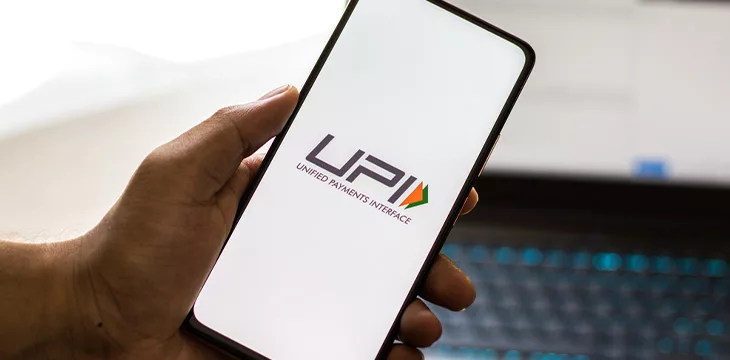|
Getting your Trinity Audio player ready...
|
India’s NPCI International Payments Limited (NIPL), a wholly-owned subsidiary of the National Payments Corporation of India (NPCI), has partnered with the Central Reserve Bank of Peru (BCRP) to enable a Unified Payment Interface (UPI)-like real-time payments system in Peru.
This makes Peru the first South American country to adopt the UPI, which is widely recognized as India’s pioneer in digital payments, the NPCI said in a statement.
This collaboration allows BCRP to establish a real-time payments platform within Peru, facilitating instant payments between individuals and businesses, while reducing reliance on cash-based transactions.
“Our partnership with the BCRP aims to strengthen Peru’s financial infrastructure, to foster economic growth. We will be working together to address our common objective of promoting digital payments, financial inclusion, cost optimization, and transparency in the payment landscape, with scope for further scalability and adaptability, to embrace future technological advancements and market demands,” said Ritesh Shukla, chief executive of NPCI International.
Launched in 2016, UPI became popular as a single mobile application for accessing different bank accounts. It has expanded to Mauritius, Sri Lanka, Singapore, France, Bhutan and Nepal and processes over 11 billion monthly transactions.
“The BCRP aims to promote financial inclusion, security, and efficiency, and to introduce new use cases in digital payments. Additionally, we consider that this new infrastructure will play a fundamental role in fostering innovation and in allowing new participants to enter the Peruvian ecosystem. This will undoubtedly offer new and accessible payment services to everyone, especially the unbanked population in Peru, complementing the existing payments industry,” stated Julio Velarde, Governor of the BCRP.
Last month, the Reserve Bank of India (RBI) met major stakeholders in the UPI ecosystem—including banks, NPCI, third-party application providers, and technology service providers—to discuss potential strategies for further expanding the reach of UPI.
“There were wide-ranging discussions on various aspects to widen and deepen the adoption and usage of UPI,” the central bank said.
The stakeholders’ suggestions broadly covered strategies for scaling up UPI infrastructure and expanding the product portfolio, challenges encountered by the ecosystem and solutions for addressing them, and innovative ideas for integrating potential users into the digital payments ecosystem.
However, with the rise in digital payments, India has also witnessed an alarming increase in digital payment fraud. Data from the RBI’s annual report show that digital payment fraud in India jumped to a record 14.57 billion rupees ($175 million) in the fiscal year that ended in March 2024 (FY2023-24).
“Growing instances of digital payment frauds highlight the need for a system-wide approach to prevent and mitigate frauds. It is, therefore, proposed to establish a Digital Payments Intelligence Platform for network level intelligence and real-time data sharing across the digital payments’ ecosystem. To take this initiative forward, the Reserve Bank has constituted a committee to examine various aspects of setting up the platform,” RBI Governor Shaktikanta Das said in a statement.
Watch: India is going to be the frontrunner in digitalization

 03-01-2026
03-01-2026 




